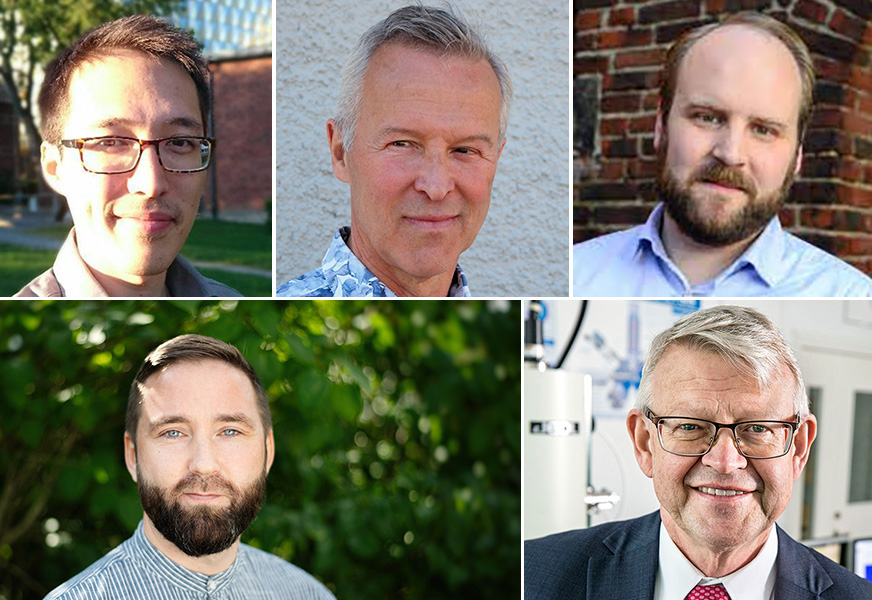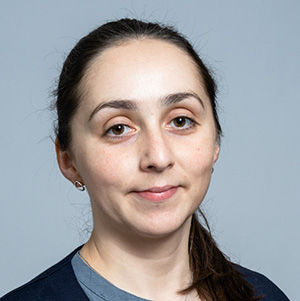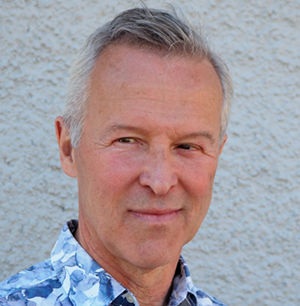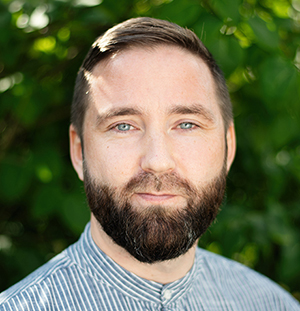Newsmakers at KTH

Bespoke cancer medicines, superfast computers and the homes of the future. These are some of the areas in which students and researchers at KTH have recently garnered widespread attention.
Advanced breast cancer drugs

Hanna Barriga, research specialist, is receiving just over EUR 1.8 million from the European Research Council (ERC) for a project on nanodrugs for breast cancer, with KTH as the host institution. The award is what is known as a Starting Grant.
The research focuses on individually tailored drugs and delivery technology, the aim being to deliver drugs to the right place, at the right time, as efficiently as possible. SARS-CoV-2 vaccines used a technology called lipid nanoparticles, which can also be used to combat metastatic breast cancer. The goal of the research project is to understand how changes in breast cancer cells affect the delivery capability of this type of drug, and how the researchers can tailor the delivery technology. The information will be used to create better medications.
KTH in supercomputing finals
A European research team that includes Niclas Jansson , of KTH’s PDC Center for High Performance Computing, is one of six teams competing for the Gordon Bell Prize, also known as the Nobel Prize for High Performance Computing (HPC). The team qualified for the finals after developing a special code, known as Neko, which is important in large-scale numerical simulations. This is the first time Sweden has had a finalist in the competition, which is organised by the Association for Computing Machinery. The winner will be presented at an HPC congress in Denver, USA, during the autumn.
Gene researcher receives sizeable grant
Ian Torao Hoffecker , a researcher in gene technology, has been awarded the Proof of Concept grant by the European Research Council (ERC). Hoffecker is one of two researchers in Sweden to receive the grant this year, which focuses on projects in the borderland between research and innovation on its way to the market. Hoffecker, who has previously also been awarded ERC Starting Grants, will use the funding for a project on microscopy based on sequencing technology.
Professor wins international chemistry prize

Lars Berglund , Professor at the Division of Biocomposites, has received the Anselme Payen Award from the American Chemical Society: Cellulose and Renewable Materials (CELL) Division. Lars Berglund is being recognised for his significant contributions in research fields such as hybrid 2D materials, conductive composite materials, materials for energy storage, and porous materials.
Winner for homes of the future
Vilma Weinstock, who is reading architecture, has won the Bo2049 architecture competition, organised by Willa Nordic in association with Architects Sweden and RUM magazine. The competition’s contestants, architecture students in Sweden, have to design a home fit for 2049.
Particle physicist to join Young Academy

Christian Ohm , Docent in Particle Physics, has been voted onto the management of the Young Academy of Sweden. The Academy has five members of its leadership team, each of them elected for one year at a time. The Academy exists to promote conditions for young academics through input and op-ed articles, reports, and meetings across university and discipline boundaries.
Professor becomes fellow of American academy
Mikael Östling , Professor of Solid State Electronics, has been named the first Swedish Fellow of the Electrochemical Society, ECS. The ECS, an American academy that focuses on promoting electrochemistry and solid state physics, says membership of the academy is recognition of outstanding scientific achievements and many years of active, dedicated participation in ECS affairs.
Text: Christer Gummeson
